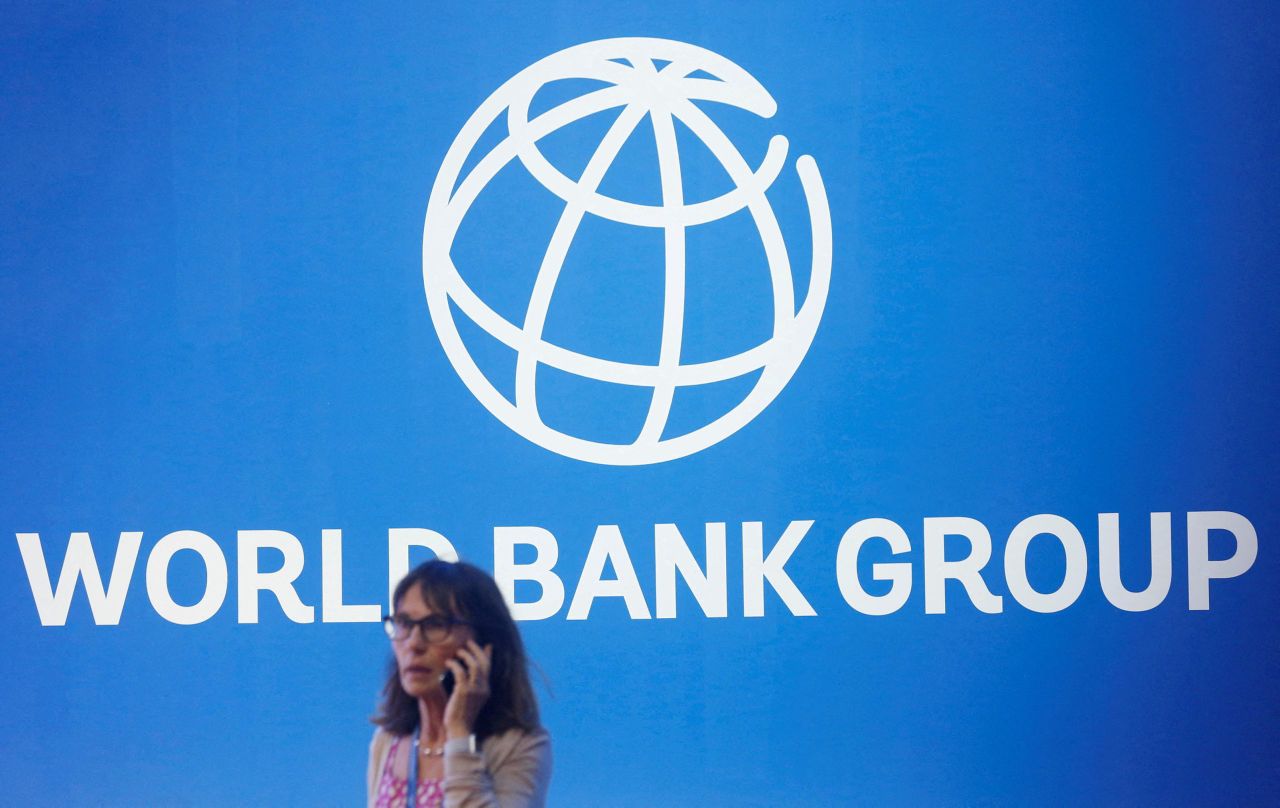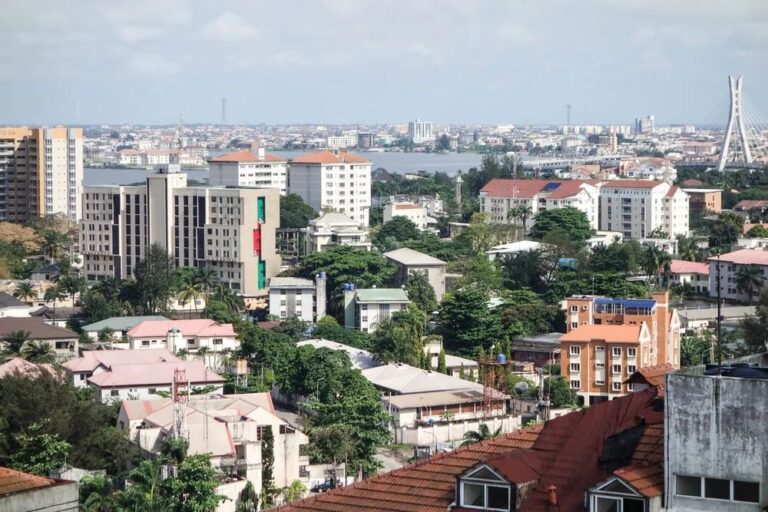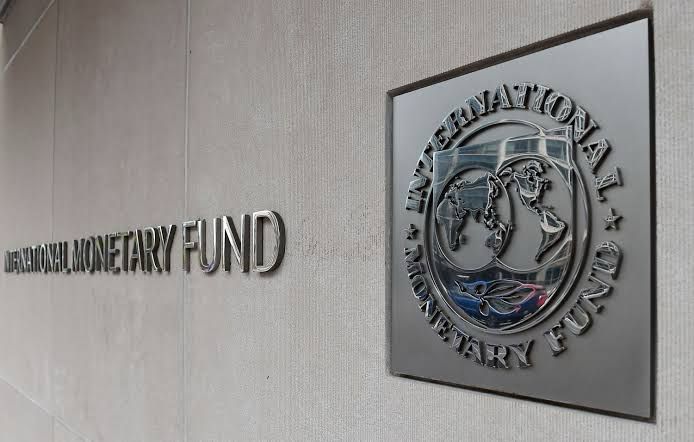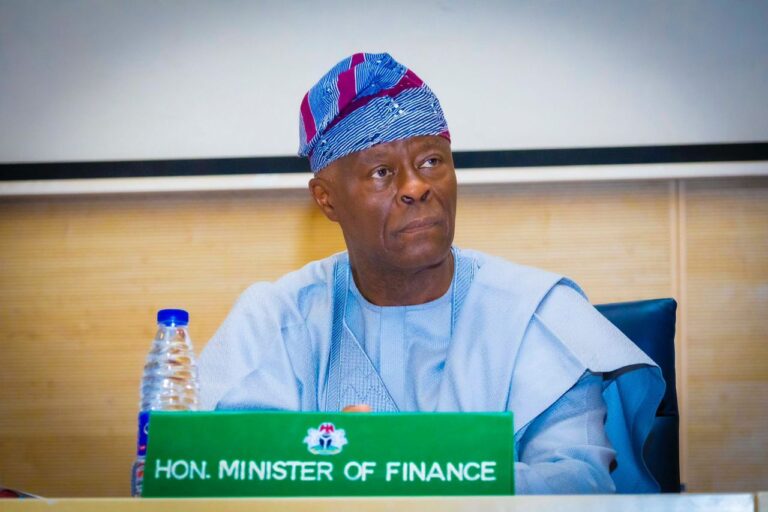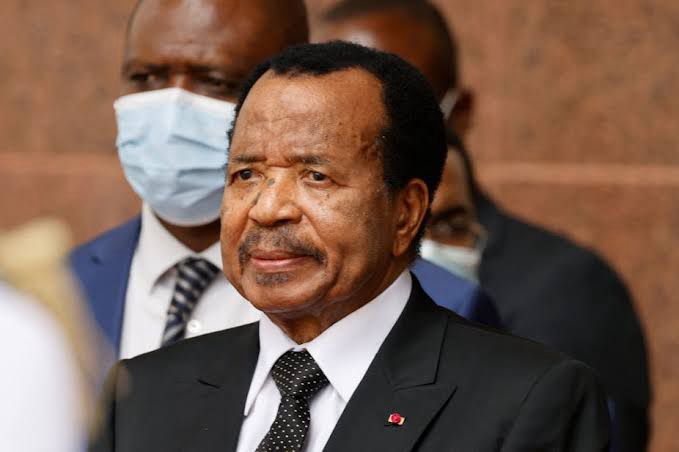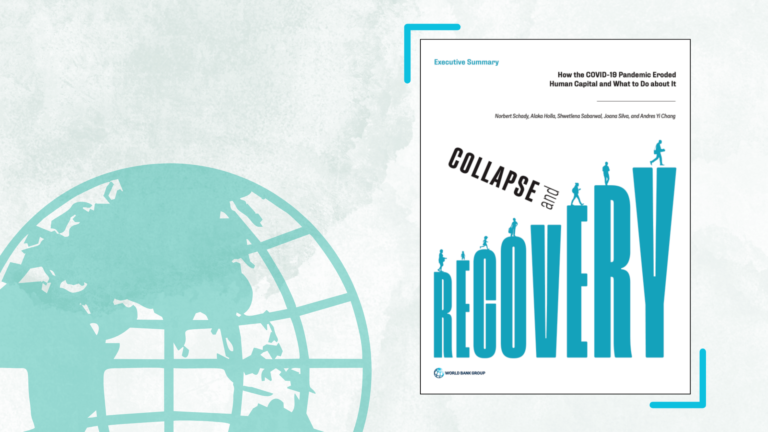The World Bank warns that Nigeria faces a profound humanitarian crisis, with poverty projected to affect 139 million people (61 percent of the population) by 2025. However, the Washington based organization also acknowledges that a suite of difficult economic reforms implemented since mid-2023 is successfully steering the nation away from an impending fiscal crisis, signaling a shift in policy direction. It said in its report on Wednesday.
The latest world bank’s Nigeria Development Update (NDU), titled “From Policy to People: Bringing the Reform Gains Home,” attributes the dramatic rise in poverty—which soared from 40 percent (81 million people) in 2019—primarily to “pre-2023 policy missteps and external shocks.”
According to the report, three-quarters of the increase occurred before the current administration’s reforms took hold, leading to a sharp 6.7 percent drop in average consumption levels across the country between 2019 and 2023, particularly impacting urban households.
Despite the severe social cost, the World Bank noted that the recent structural policy overhaul is generating tangible macroeconomic gains. Reforms, including the reunification of the foreign exchange rate, the removal of the costly petrol subsidy, and improvements in tax administration, have helped increase economic growth, which saw GDP expand by 3.9 percent year-on-year in the first half of 2025.
Furthermore, the external position is reported as strong, with rising FX reserves and a stabilizing foreign exchange market. The FX reserves hit 4 year highs of $41 billion in August 2025 from $ 32 billion in August 2025.
The central challenge now, the report states, is ensuring these hard-won stabilization gains translate into meaningful improvements in citizens’ living standards. The current pace of growth is deemed too modest to create sufficient quality jobs, while persistently high food inflation continues to erode the purchasing power of real incomes.

“Growth is not strong enough to create sufficient quality jobs, and still-high inflation continues to erode real incomes, especially for the poor and economically insecure.” The report noted.
To successfully “bring the reform gains home,” the World Bank recommends three urgent, people-centered actions: first, reducing high food inflation through policy changes like the removal of import bans and tariffs on essential goods; second, improving the transparent and efficient use of public resources for development; and third, strengthening the social safety net to provide dedicated, domestically funded support for the ultra-poor.
Nigeria has been on a disinflation trajectory since the first quarter of 2025. Inflation has eased from 34% in 2024 to 20% in August 2025.
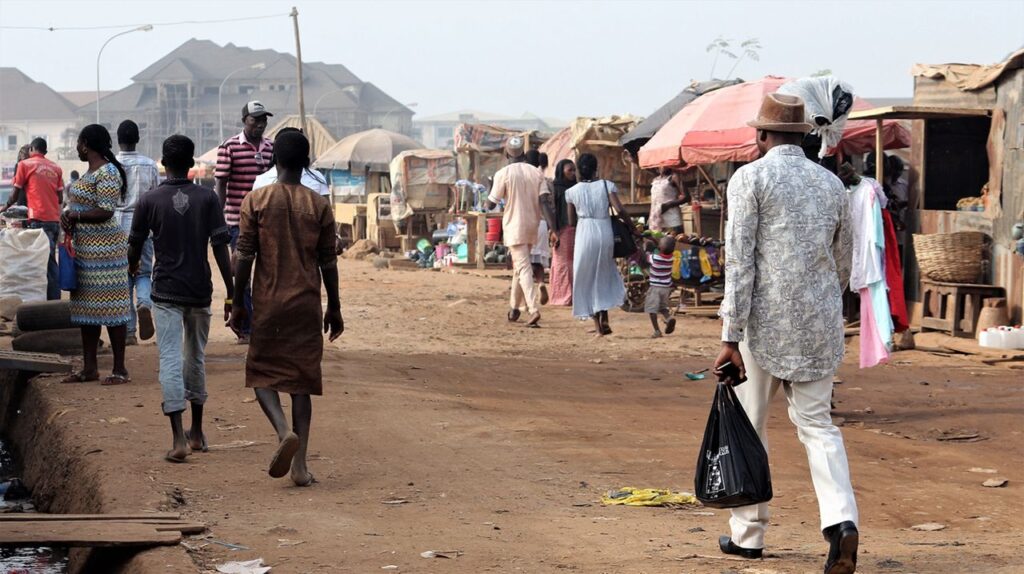
The west African nation has made significant strides to enable transparency in public resources; in September the government gave the country’s oil regulatory commission (NUPRC) its existing oil contract control over its state owned oil company (NNPCL) citing revenue diversions from the state oil company.
Oil is Nigeria’s largest revenue source, and Nigeria is Africa’s largest oil producer.

Ultimately, the nation’s success in reversing the poverty trend will hinge on sustained disinflation, a stronger foundation for inclusive growth, and continuous targeted support to the most vulnerable citizens.



